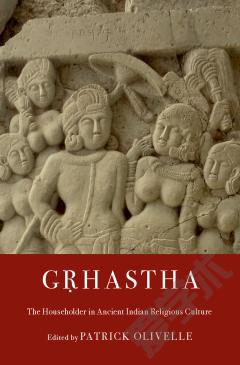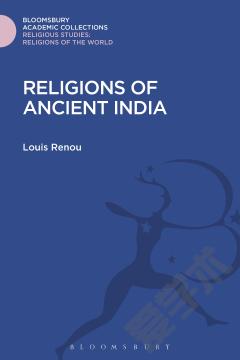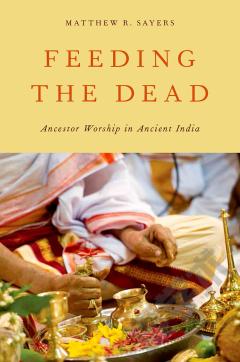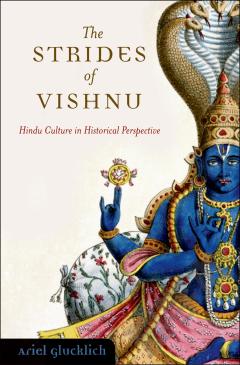G.rhastha —— The Householder in Ancient Indian Religious Culture
----- 古印度宗教文化中的户主
The contrast between a married householder and a celibate ascetic who has left home and family has been highlighted in scholarship on ancient Indian religion and culture. But this is the first volume dedicated exclusively to the study of the neglected member of this pair, the householder. Through detailed study of inscriptions and texts, it shows that the ancient Indian householder was viewed as someone dedicated to holiness, just like an ascetic. The history of the common Sanskrit term used for householder, grhastha, shows its sharp contrast to the ascetic who has left home and also points to the essential religious nature of the householder.
{{comment.content}}








 京公网安备 11010802027623号
京公网安备 11010802027623号